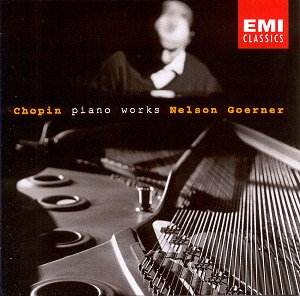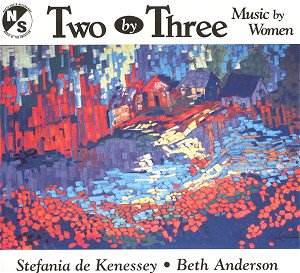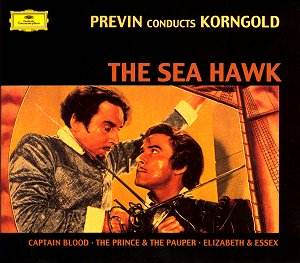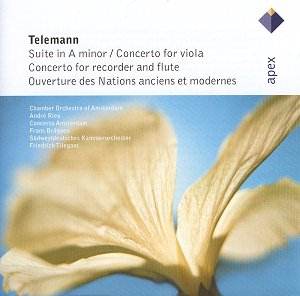 Composer: Frédéric Chopin
Composer: Frédéric Chopin
Works: Piano Sonata No. 3 in B minor, Op. 58; Polonaise-Fantaisie in A flat, Op. 61; Nocturne in C minor, Op. 48 No. 1; Scherzo No. 4 in E, Op. 54; Barcarolle in F sharp, Op. 60; Ballade No. 4 in F minor, Op. 52
Performers: Nelson Goerner, piano
Recording: Studio No. 1, Abbey Road, London, January 1996
Label: EMI
The music of Frédéric Chopin, often regarded as the poet of the piano, captures the essence of Romantic expressiveness through its intricate interplay of lyricism and virtuosity. His works, particularly from the middle to late periods of his career, reflect not only a profound emotional depth but also a technical complexity that challenges interpreters to navigate the delicate balance between freedom and structure. This EMI Debut reissue featuring Argentinian pianist Nelson Goerner provides an illuminating perspective on Chopin’s Piano Sonata No. 3, the Polonaise-Fantaisie, and a selection of other masterworks, recorded at the age of just 28.
Goerner’s interpretation reveals a youthful exuberance that is both refreshing and insightful. His approach to the Piano Sonata No. 3 is marked by a careful delineation of its architectural features, notably in the first movement where his ascending left-hand scales are executed with clarity and expressiveness. The impression of freedom that Goerner cultivates is a hallmark of his performance, allowing for expressive nuances while respecting the structural integrity of the music. The Scherzo, characterized by its ‘Molto vivace’ marking, is particularly notable; Goerner captures its lightness and agility, transforming the work into a buoyant exploration of rhythm and texture. The Finale, often a stumbling block for many pianists, is rendered with a sense of inevitability, where Goerner’s deft handling of scales eschews mere showmanship in favor of a deeper musical narrative.
The Polonaise-Fantaisie offers a contrasting yet equally compelling showcase of Goerner’s artistry. Here, his bold interpretation of the expansive opening gestures conveys a sense of drama that is often underplayed by others. His exceptional pedal technique—subservient to the musical line—allows for a seamless blending of colors, enhancing the work’s inherent complexity. The Nocturne in C minor, Op. 48 No. 1, is approached with a commendable restraint; Goerner resists the temptation to overdramatize, instead allowing the piece’s lyrical qualities to shine. His phrasing is particularly sensitive, revealing the poetic nuances of Chopin’s writing without succumbing to theatrical excess.
The Barcarolle in F sharp, Op. 60, emerges as a standout in this collection. Under Goerner’s touch, the piece unfolds with a natural flow, building to its passionate climax with an inevitability that showcases his interpretative maturity. This is a work that, despite its beauty, is underperformed in concert halls—a fact that only underscores Goerner’s skill in bringing it to life. The Fourth Ballade, with its intricate interplay between lyrical passages and turbulent outbursts, benefits from Goerner’s ability to draw connections to Chopin’s etudes, particularly the Op. 25 No. 12, thus enriching the listener’s understanding of the composer’s stylistic evolution.
Sound quality and engineering in this recording are exemplary, a hallmark of Abbey Road Studios, where the natural resonance of the piano is captured beautifully. The clarity of the recording allows for an intimate listening experience, drawing the audience into the nuances of Goerner’s performance. Each note is articulated with precision, while the dynamic contrasts emerge vividly, enhancing the overall impact of the music.
Nelson Goerner’s recording of Chopin’s works is a significant contribution to the discography of this beloved composer. His youthful energy is matched by a deep understanding of Chopin’s musical language, allowing him to navigate the emotional and technical landscapes with confidence and grace. This disc is an invitation to revisit Chopin’s masterpieces through a lens that balances fervor with structural integrity, making it a formidable addition to any classical music collection. Strongly recommended.



